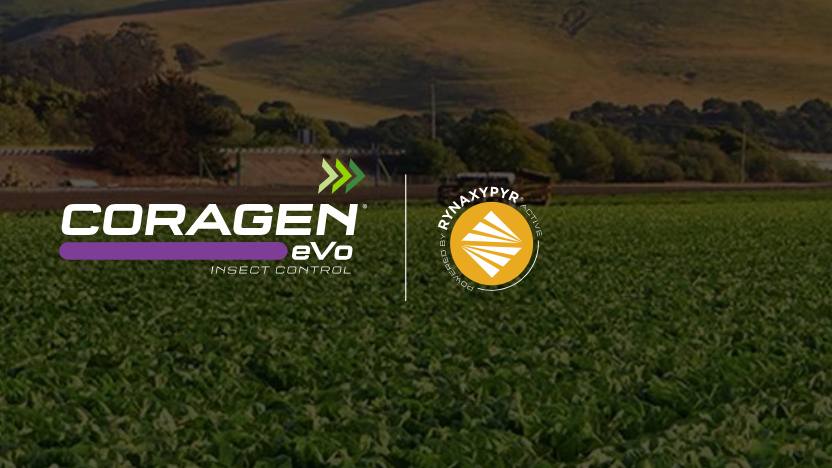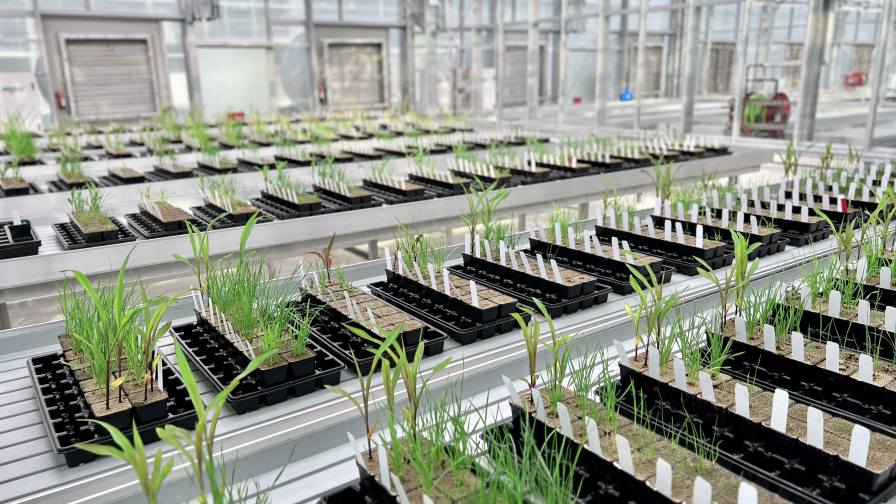Feeding The World Should Not Be Our Secret
We are virtually blind to our importance in the world. We address hunger, poverty, human health, public safety, environmental preservation, global warming, population booms and sustainability — all of which are worthy causes, and all of them affect crop protection. You could champion just one and it could monopolize your entire life. They all touch our businesses, along with unstable governments, regulatory policy, public opinion and farm incomes.
My message: get more involved. There are diverse, difficult and relevant causes worth fighting for in our industry. Yet many of us don’t. My suggestion is to begin with food security and public safety, two issues that people always understand easily and empathize with.
This issue discusses regulatory changes that affect food productivity and food security. Our industry has failed to embrace and articulate our core mission: to facilitate better agriculture productivity. We embrace our products, our formulations and our desire to acquire better distribution. But our industry is still cast in a negative way in the mainstream media and in public opinion. This is because most people embrace causes and issues, and not necessarily the processes behind them.
We have allowed political interests to demonize our industry without a counter argument: Our core cause is agriculture productivity to feed the world. It is more than our business; it should be our mantra. People will embrace that. Our recognition of how advocacy can improve our business is often subordinate to immediate business objectives, and that must change.
We no longer have the luxury of sitting on the sidelines and allowing other people to make decisions that affect the future of our business.
To that point, our cover story focuses on counterfeit pesticides. Currently, we are allowing multinational companies to lead the crusade against illicit trade, even though it affects all of our businesses. When we fail to address a cause, we imply that we do not care. We must care, or we will lose the support of the public, and eventually the farmer. Consequently, many brands will be trusted no longer, and market share will diminish in line with farmer confidence.
We have a duty to educate distributors about illicit substances. Right now, the post-patent industry is leaving the heavy lifting to CropLife. Granted, CropLife members enjoy at least 75% of global market share. Other brands must join the Big 6 in illustrating their social responsibility to human health, food security and environmental preservation.
Some CropLife associations currently use a combination of holograms and SMS codes to ensure authenticity of legitimate products. It took private industry, not government programs, to create a system that helps to stem illicit trade. In some markets, you do not need to be a CropLife member to participate in this program, but other companies have yet to take CropLife up on its offer.
We have a lot of causes from which to choose, and they are all important for crop protection. The two most important, in my opinion, are access to markets and farmer confidence in products. If more post-patent companies refuse to take up these issues in lieu expanding their trading base, then it won’t be long before those trading partners collapse under the onus of regulatory requirements and unfavorable public opinion.
We help farmers produce better yields to feed the world. If we don’t begin to articulate this message more frequently and with more passion, there will be little market share to fight over 10 years from now.






